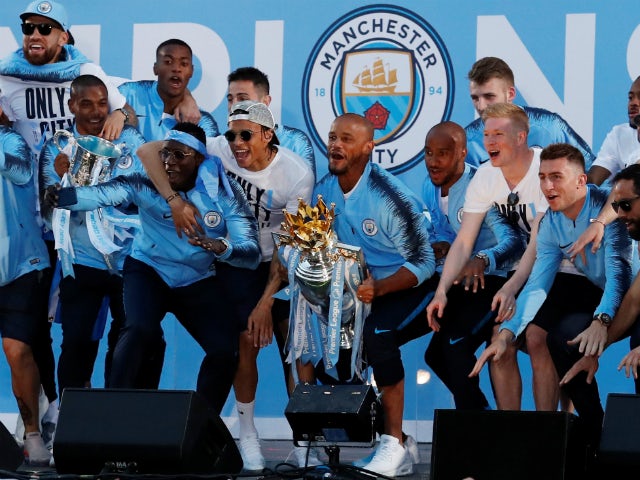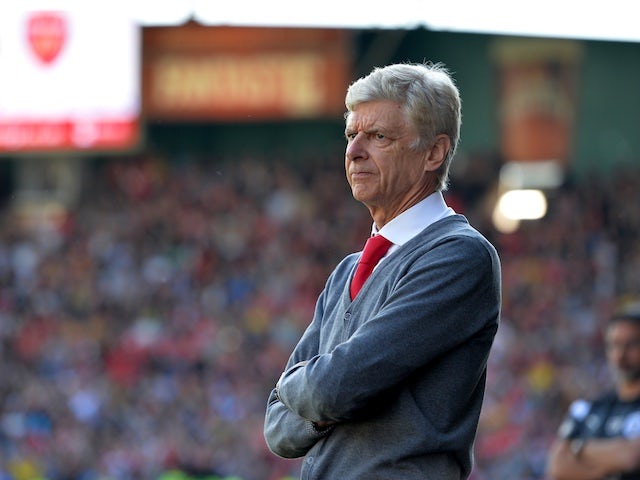Sport in Britain has been given the green light to resume in June, but Premier League clubs are unable to agree on how the remaining 92 fixtures of the season should be played out.
The division has been on hold since early March and there is still the possibility of the campaign being declared null and void, although that is considered the worst-case scenario.
Representatives from all 20 top-flight clubs met via a video conference call on Monday, with the latest lockdown regulations at least providing some hope of a return to action next month.
As the uncertainty over a possible restart grows, Sports Mole takes a closer look at how previous seasons would have been affected by an early end to the season.
Here, we focus on the 2017-18 campaign, which saw Manchester City run away with the title in record-breaking fashion and all three promoted clubs dodge an immediate return to the second tier.

Man City were top of the table from gameweek five all the way through until the end of the campaign, sealing top spot with five matches to spare.
The Citizens were 16 points better off than closest challengers Manchester United after 29 games and extended that advantage to 19 points by the end of the season.
However, had the season been ended prematurely then City would not have had the chance to break a number of records, including most points (100), most away points (50), most points ahead of second (19), most wins (32), most away wins (16), most goals (106), best goal difference (+79) and most consecutive victories (18).
Finishing a distant second may not have seemed like much of a consolation for United, but Jose Mourinho would go on to describe it as his greatest achievement in management.
United did well to see off Liverpool and Tottenham Hotspur over the final two months of the season to maintain second place, finishing four points better off than Spurs, who leapfrogged the Reds in the closing stages.
 © Reuters
© Reuters
Liverpool ultimately did enough to finish above Chelsea in the final Champions League qualifying berth, and they would go on to win UEFA's showpiece competition the following year.
Aside from Spurs and Liverpool exchanging places, the top seven remained as it was over the final nine games of the season, meaning a sixth-placed finish for Arsenal in Arsene Wenger's final season at the helm.
At the opposite end of the division, all three promoted teams dodged an immediate return to the second tier for just the third time in Premier League history.
West Bromwich Albion and Stoke City were unable to claw themselves out of the bottom three, but Crystal Palace - 18th and with 27 points to their name after 29 games - went on an incredible run to climb all the way up to 11th.
Swansea City were the team to replace Palace in the relegation zone, bringing an end to their seven-year stay in the top flight.
Had the season ended prematurely, though, as may still be the case this season, history would have turned out a lot different for both the Swans and Palace.







